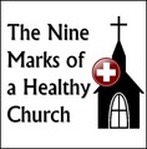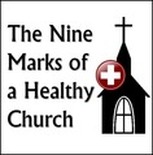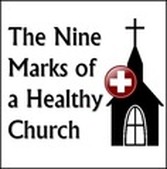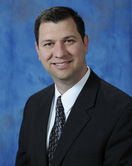
This is a good opportunity to remind ourselves of the role and purpose of the elder. An elder is a pastor or an overseer. The Bible uses these terms interchangeably. He is one who teaches and preaches the Word of God. He is a doctrinal gatekeeper for the church. He equips the saints for the work of ministry. He is not a dictator. He is a servant-leader that instills a love for the Word of God in the hearts of the people he has been entrusted to serve. As I have stated on several occasions, the elder does not have an inherent authority, rather he has a derived authority on the basis of his faithfulness to teach the Scripture. What this means is that his leadership is in the teaching of the truths of Scripture, not in the administrative minutia of the church. That responsibility lies, to some extent because of his administrative responsibilities, with the senior pastor as a first among equals among the elders, but to a greater degree with the committees of lay people who exercise their giftedness to operate the church.
The other New Testament office is that of the deacon. Deacons are vitally important to the function of the church. They are an extension of the pastoral ministry of the church. They serve the needs of the people in the congregation. I am so thankful for the faithfulness of the deacon body at Oak Crest. They are here to help each of us and to encourage each of us. If you don’t know who your Sunday School class deacon is, I would strongly encourage you to ask.
According to Scripture, the final authority lies with the congregation itself. We are Congregationalists. This is a different model than we see in Presbyterianism. I am convinced that the biblical role of the congregation is extremely important. The congregation affirms elders and deacons. The congregation affirms direction and budget. The congregation is the final point of church discipline. All of this is the case because we are all, each and every believer, indwelt by the Holy Spirit. Therefore we strive for unity in the Spirit, in the bond of peace.
In Christ,
Blain Craig




 RSS Feed
RSS Feed